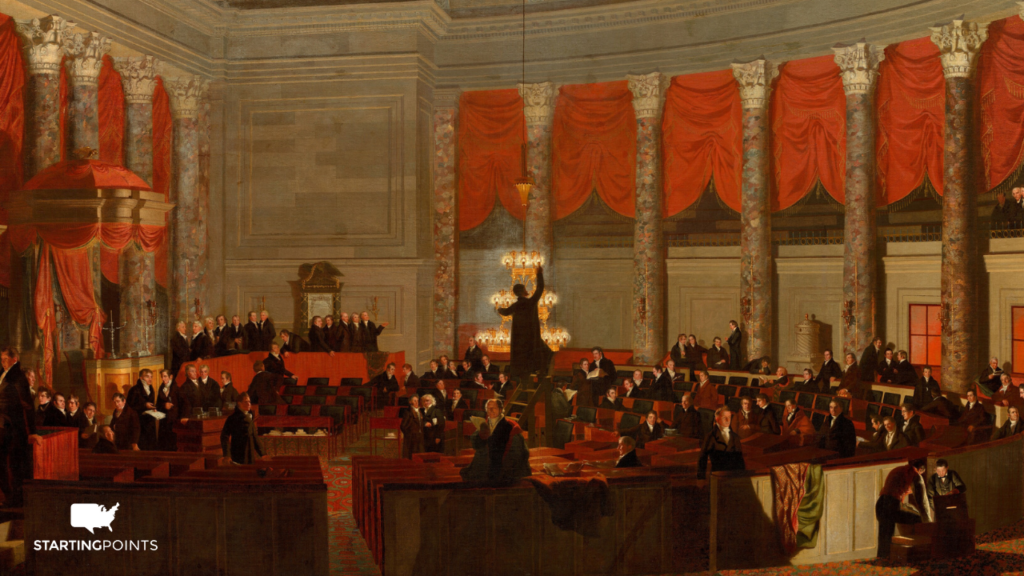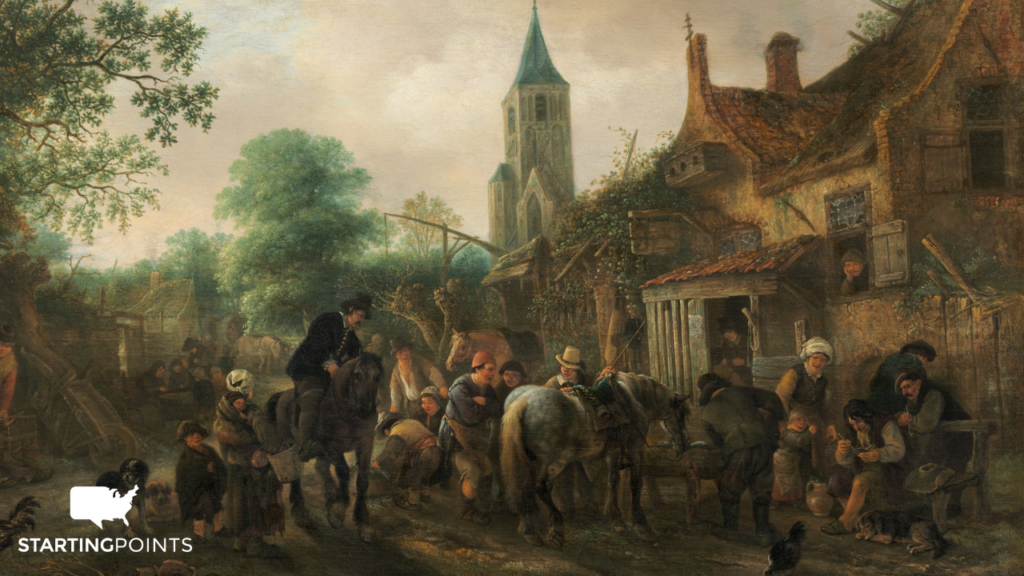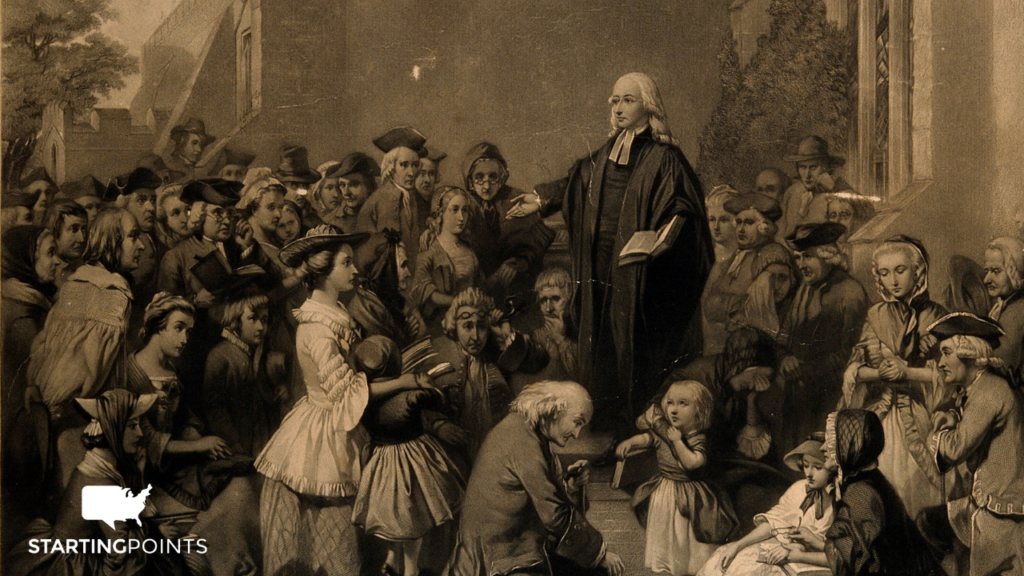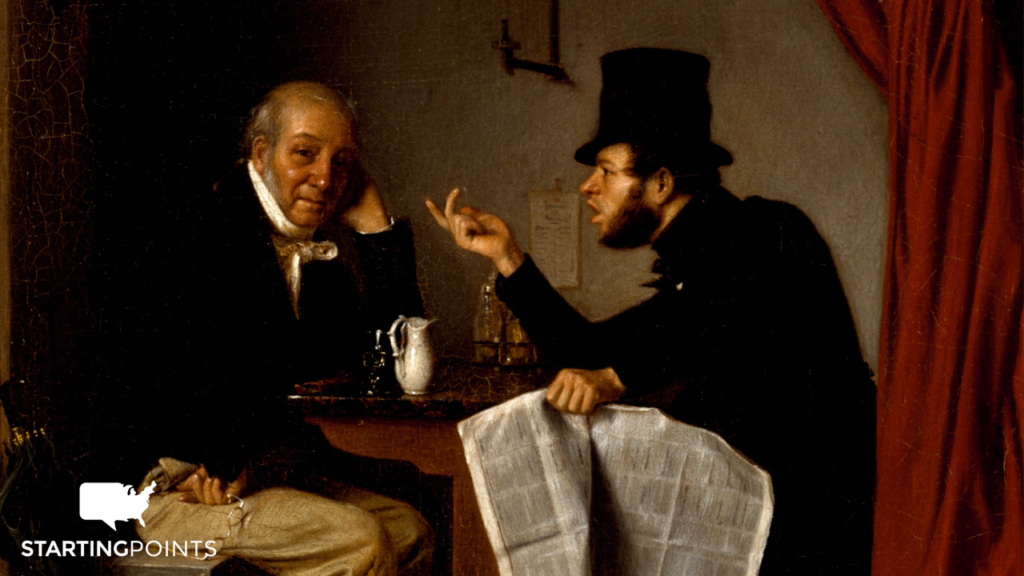“Providence has not created the human race either entirely independent or perfectly slave. It traces, it is true, a fatal circle around each man that he cannot leave; but within its vast limits man is powerful and free; so too with peoples.” Thus mused Alexis de Tocqueville in the closing pages of his magnum opus, […]
Latest Articles
Remapping Sovereignty
In recent years, “decolonization” has exploded onto the scene as a keyword of emancipatory social movements around the globe. Various mobilizations have drawn on and further popularized such an analysis, eliciting both celebration and significant backlash. In so doing, these movements have (re)animated and updated the meanings of the 20th century heritage of anticolonial independence […]
John Adams, Thomas Paine, and the Conflict between Conservative and Progressive Liberalism in America
In his 2014 work The Great Debate, Yuval Levin argues that the origin of the debate between progressives and conservatives in Western liberalism can be traced to the end of the 18th century, specifically citing the opposing positions of Edmund Burke (Reflections on the Revolution in France) and Thomas Paine (Rights of Man) in response […]
The Founders’ Rejection of Christian Orthodoxy in America
America’s changing religious landscape has given rise to new accusations against classical liberalism for undermining the religious, moral, and civic resources the American experiment in self-government relies upon. Returning to more orthodox forms of faith is understandably thought the best way to revitalize those resources. Yet according to John Locke and four of America’s founders […]
A Court of Reason: What the Supreme Court Teaches By How It Decides
The Supreme Court has been facing a crisis of public confidence. This was true even prior to the controversy around Justice Clarence Thomas’s undisclosed financial ties to a billionaire conservative political donor, and prior to the spate of right-leaning rulings that marked the end of the court’s most recent term. Gallup reported last fall that […]






